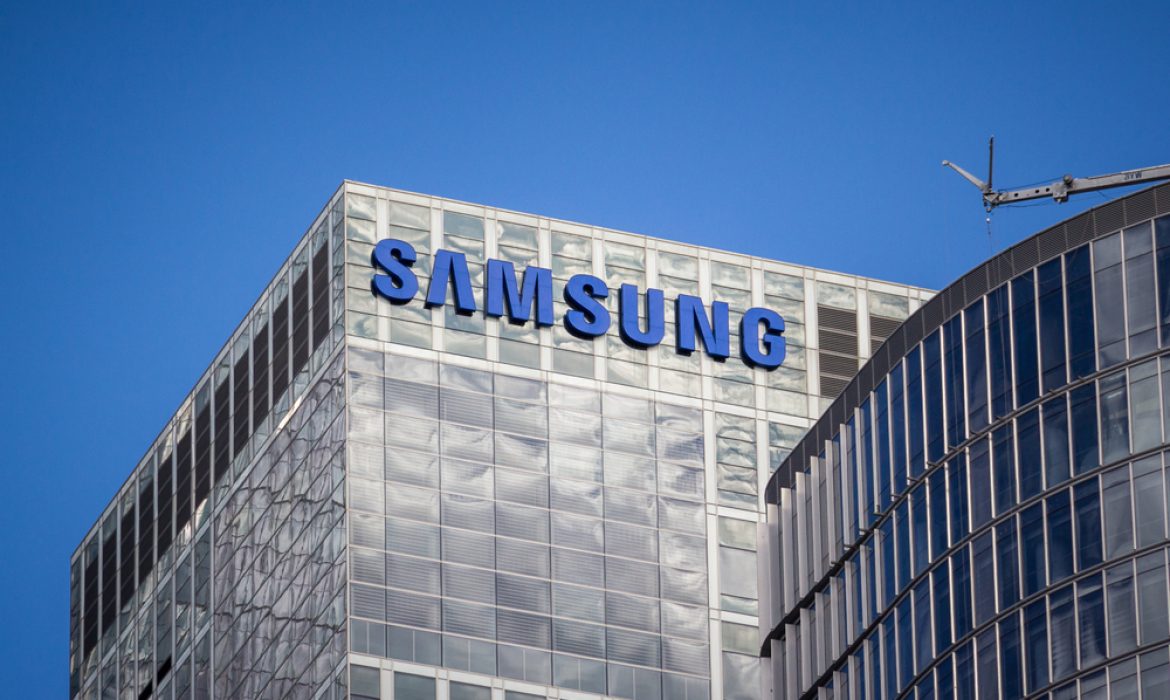Samsung Group, one of South Korea’s largest conglomerates, has implemented a six-day work week for its executives amid growing business uncertainties. The decision follows a series of challenging market conditions, including a sharp depreciation of the Korean won, increasing oil prices, and high borrowing costs. This comes in response to the company’s major businesses posting lower-than-expected results in 2023.
Executives at Samsung Electronics Co., including heads of production and sales units, will now be required to work on either Saturday or Sunday, in addition to the regular five-day work week. The change aims to drive a strategic review of business operations and adapt to the evolving economic landscape.
An executive from Samsung Group remarked, “Considering the performance shortfalls in 2023, we are instituting a six-day work week for executives to instill a sense of urgency and to ensure we are prepared to navigate the current and future challenges.”
Executives across the Samsung Group, including Samsung Display Co., Samsung Electro-Mechanics Co., and Samsung SDS Co., will soon follow suit, with the change taking effect as early as this week. However, employees below the management level will continue to operate under the five-day work week, a policy that Samsung implemented back in 2003.
The move is not unprecedented in South Korea. Earlier this year, SK Group, a major energy and telecommunications conglomerate, reintroduced Saturday meetings for its executives, replacing a once-a-month weekday strategy committee meeting.
Samsung Electronics experienced a significant operating loss of 15 trillion won ($11 billion) in its semiconductor business in 2023, though the company recently reported an increase in operating profit in the first quarter of 2024. However, ongoing geopolitical tensions and market volatility may pose further risks to the company’s recovery.
For more information on Samsung’s business strategy and the impact of the 6-day work week, visit KED Global.


